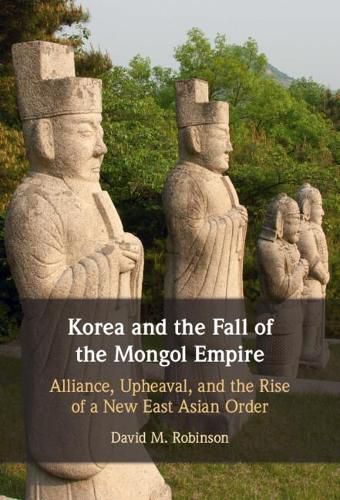Korea and the Fall of the Mongol Empire explores the experiences of the enigmatic and controversial King Gongmin of Goryeo, Wang Gi, as he navigated the upheavals of the mid-fourteenth century, including the collapse of the Mongol Empire and the rise of its successors in West, Central, and East Asia. Drawing on a wealth of Korean and Chinese sources and integrating East Asian and Western scholarship on the topic, David Robinson considers the single greatest geopolitical transformation of the fourteenth century through the experiences of this one East Asian ruler. He focuses on the motives of Wang Gi, rather than the major contemporary powers, to understand the rise and fall of empire, offering a fresh perspective on this period of history. The result is a more nuanced and accessible appreciation of Korean, Mongolian, and Chinese history, which sharpens our understanding of alliances across Eurasia.





